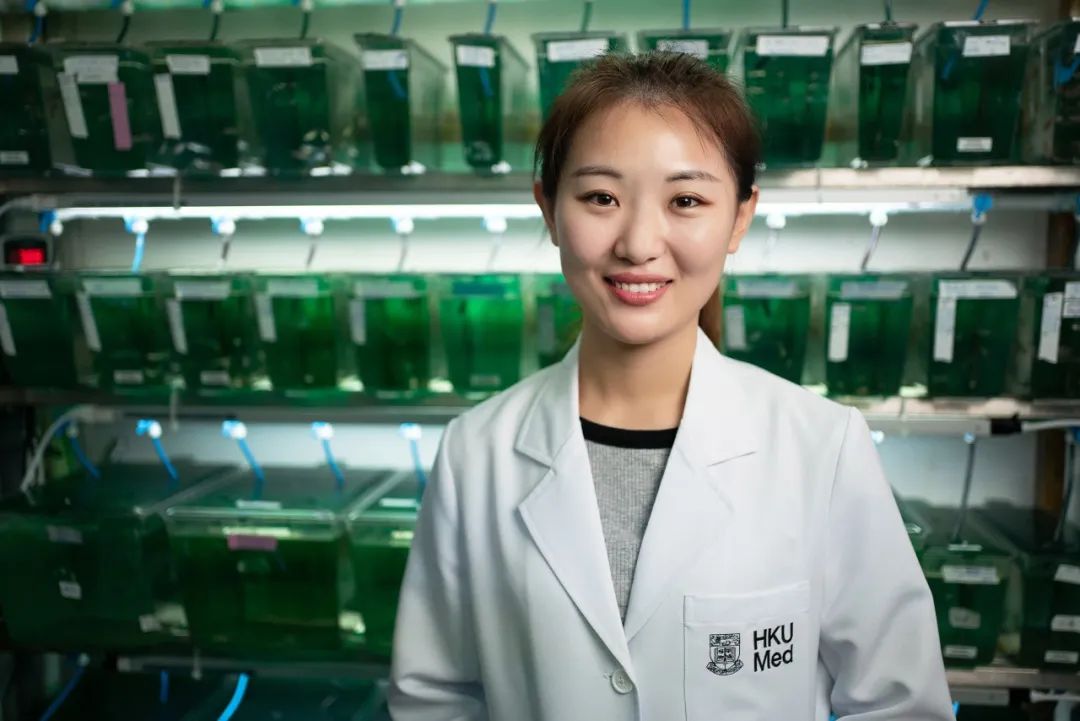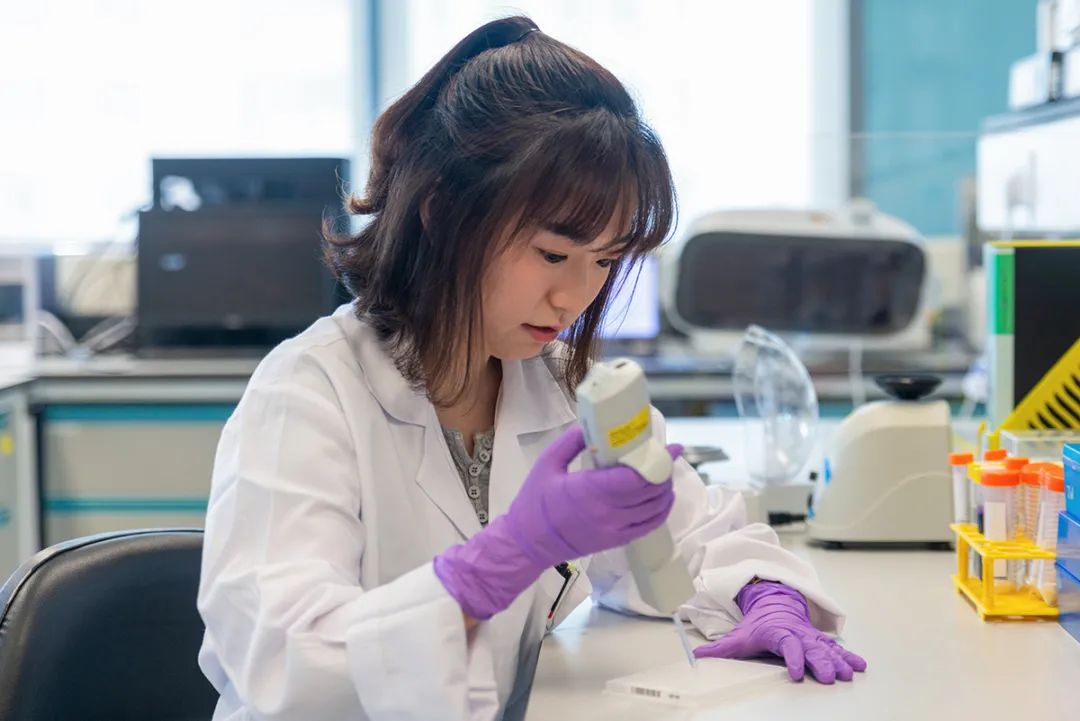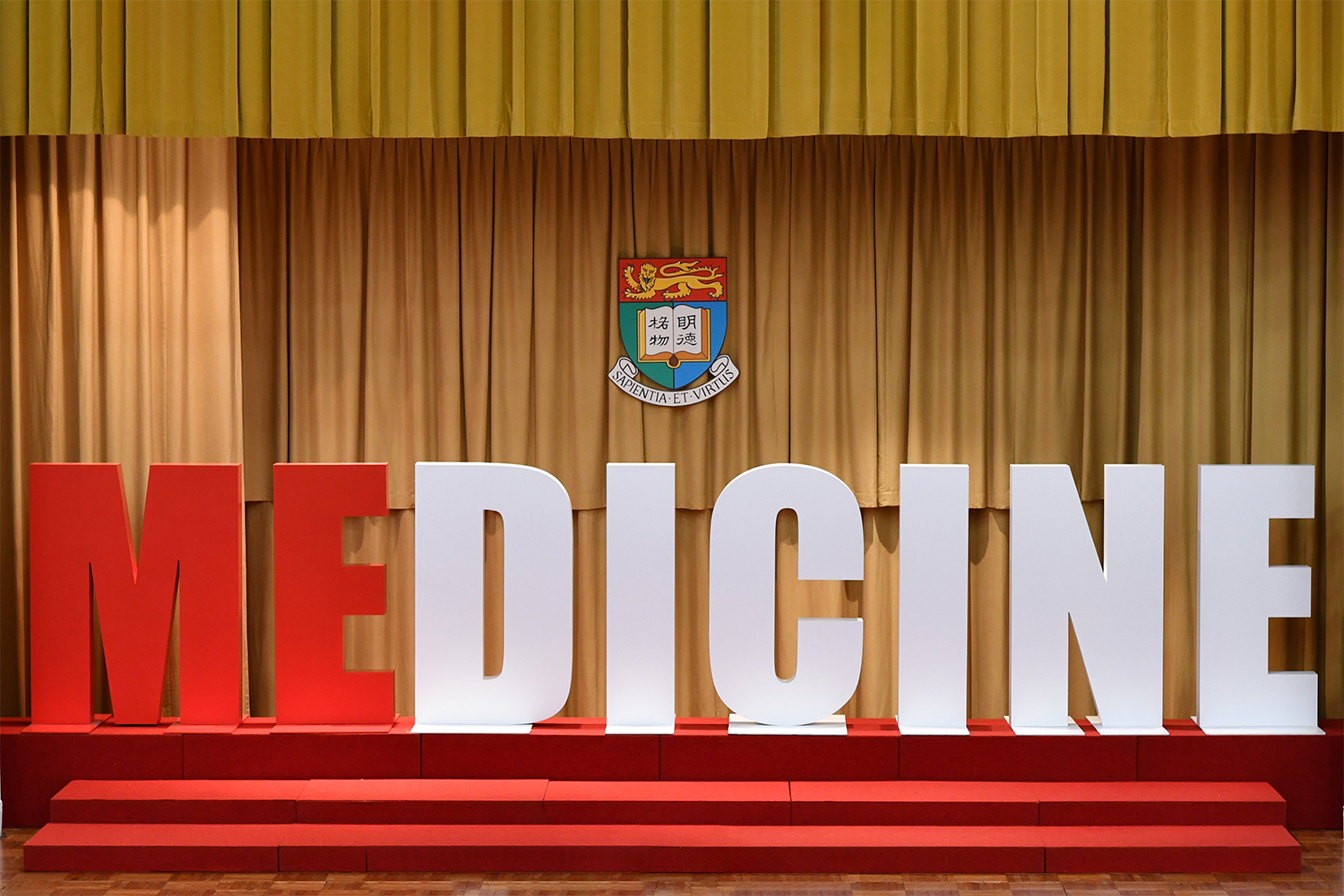Research Area 1: Cardiology
- Pluripotent stem cell for disease modelling and treatment of cardiovascular disease
- Tissue engineering for treatment of heart failure
- Small and large animal models for studying the mechanism and treatment of hypertension and heart failure
- Cardiac arrhythmia − mechanisms and treatment of atrial fibrillation and ventricular arrhythmias
- Cardiac pacing − developments in novel pacing technologies for treatment of heart failure and cardiac arrhythmia
- Sudden cardiac death − epidemiology, prevention and treatment
- Precision medicine for coronary heart disease − prediction of coronary artery disease using genetic and multi-omic approaches
- Cardiovascular imaging − development of novel echo and MRI imaging for cardiovascular diseases
| Supervisor(s) |
|---|
- Artificial intelligence and deep learning in cardiovascular diseases
- Artificial intelligence and deep learning: is machine better than man in cardiovascular imaging: echocardiography, computed tomography, MRI and invasive imaging?
- How can artificial intelligence enhance risk prediction in different cardiovascular disease?
- Artificial intelligence: Deep machine learning and its integration in cardiovascular disease using a well-established population based database
- Big data research on cardiovascular diseases
- Heart failure – disease pattern, risk prediction and drug safety
- Myocardial infarction – risk prediction and drug safety
- Diabetes mellitus – cardiovascular risk prediction and drug safety
- Atrial fibrillation – disease pattern, risk prediction and drug safety
- Valvular heart disease – integration with echocardiography and advanced imaging for risk prediction and disease characterisation
| Supervisor(s) |
|---|
- Pluripotent stem cell-derived cardiomyocytes cell therapy
- Left-right asymmetry of cardiac organogenesis
- Application of novel machine learning architectures in cardiology
| Supervisor(s) |
|---|
Research Area 2: Endocrinology and Metabolism
- Molecular genetics and pathogenesis of atherosclerosis, diabetes and diabetic complications;
- clinical and basic studies on obesity and adipocyte-derived hormones
- adipose tissue browning, immunometabolism
- pathogenesis and management of autoimmune thyroid disease
- genetics and environmental determinants of osteoporosis
| Supervisor(s) |
|---|
Research Area 3: Gastroenterology and Hepatology
- Natural history and risk factors for development of disease complications of chronic hepatitis B infection
- Virology and novel markers for hepatitis B disease
- Novel treatment for chronic hepatitis B infection
- Diagnostic tools and disease characterization of occult hepatitis B infection
| Supervisor(s) |
|---|
- Chronic hepatitis B infection: mechanisms driving functional cure, biomarkers, acute-on-chronic liver failure, HBV reactivation and occult hepatitis B infection
- Metabolic-dysfunction associated steatotic liver disease: therapeutic interventions, genotype-phenotype correlations
- Decompensated liver disease and hepatocellular carcinoma: healthcare utilization trends, prediction of disease outcomes
| Supervisor(s) |
|---|
Research Area 4: Big Data Research on GI Diseases
- Helicobacter pylori − disease pathogenesis, antibiotics resistance, gastric carcinogenesis
- Stomach and colon cancer − chemoprevention, innovations on screening and surveillance
- Gastrointestinal bleeding − prevention and intervention
- Inflammatory bowel disease: epidemiology and treatment outcome
| Supervisor(s) |
|---|
- What factors alter disease outcomes in treatment-predominant chronic hepatitis B?
- What are the viral and host factors that predict treatment response in novel emerging therapies for chronic hepatitis B?
- What are the underlying molecular mechanisms for different phenotypes of non-alcoholic fatty liver disease?
- How can we diagnose liver fibrosis non-invasively and apply to clinical use?
- What are the disease entities affected by gut microbiota dysbiosis?
- Can faecal microbiota transplantation in animal models provide a causative answer to disease outcomes?
- Artificial intelligence and deep learning: is machine better than man?
- How can artificial intelligence enhance prediction of disease outcomes in different liver diseases?
- Chronic hepatitis B: Translational and clinical studies on treatment outcomes and functional cure
- Non-alcoholic fatty liver disease: Animal models and molecular mechanisms
- Liver fibrosis: Novel non-invasive diagnostic techniques and clinical outcomes
- Gut microbiota and faecal microbiota transplantation: Animal models and associations with disease outcomes
- Artificial intelligence: Deep machine learning and its integration in liver disease
| Supervisor(s) |
|---|
Research Area 5: Haematology
Clinical protocols for treatment of leukaemia and lymphomas; detection of minimal residual disease and molecular mechanisms in haematologic malignancy; clinical protocols for bone marrow transplantation; infective and neoplastic complications of bone marrow transplantation; molecular genetics of haematological malignancies; basic research in pathogenesis of blood cancers; normal and leukaemic haematopoietic stem cell study using NOD/SCID mice; embryonic haematopoiesis and gene regulation studies in zebrafish.
| Supervisor(s) |
|---|
Research Area 6: Molecular Medicine
Development of novel diagnostic techniques (including non-invasive prenatal diagnosis and pre-implantation diagnosis) for common genetic diseases, such as thalassemias, haemophilias, Duchenne muscular dystrophy, spinal muscular atrophy and Huntington’s disease; genome-wide scan with microsatellite markers for linkage of new disease genes; development of DNA microarray technology to diagnose and elucidate the molecular pathology of genetic diseases and cancers.
| Supervisor(s) |
|---|
Research Area 7: Infectious Diseases
- Influenza − rapid diagnostics, vaccination and antiviral treatment (mouse models and clinical trials)
- Pneumococcal disease − rapid diagnostics and vaccination (clinical trials)
- Respiratory viruses − parainfluenza virus, metapneumovirus, rhinovirus, coronavirus, adenovirus (clinical presentation and antiviral treatment in mouse models and clinical trials)
- Multiple drug resistance organisms − infection control and treatment
| Supervisor(s) |
|---|
Research Area 8: Nephrology
- Monogenic kidney disease: epidemiology, genetic makeup, genotype-phenotype correlation, molecular mechanisms, clinical trials on novel therapies
- Clinical utility of genetic testing in rare disease diagnosis and precision medicine
- Novel gene and genetic variants discovery
| Supervisor(s) |
|---|
Research Area 9: Neurology
- Experimental stroke models; neuroimaging of stroke; biomarkers for stroke; high resolution EEG; functional brain mapping
| Supervisor(s) |
|---|
- Neuroimmunology and Neuroinflammation − clinical, neuroradiological, molecular, immunological and pathological studies of 1) autoimmune and immune-mediated neurological disorders including neuromyelitis optica spectrum disorders (NMOSD), multiple sclerosis (MS), autoimmune encephalitis, autoimmune myasthenia gravis and paraneoplastic neurological disorders; and 2) Alzheimer's disease (AD) aiming at development of novel therapies with anti-inflammatory and neuroprotective properties in NMOSD, MS and AD by cell and animal models as well as human clinical trials
- Intracerebral haemorrhage with specific focus on intracerebral haemorrhage complicating therapy with anticoagulants and antiplatelet agents
| Supervisor(s) |
|---|
Research Area 10: Stroke and Brain Health
- Epidemiology and clinical studies in primary and secondary prevention of stroke
- Use of novel neuroimaging techniques to better understand the mechanisms and prognosis of stroke and cerebral small vessel disease
- Role of the gut microbiota in vascular and brain health
- Use of digital health technologies to improve the management of stroke
| Supervisor(s) |
|---|
Research Area 11: Respiratory Medicine
- Preclinical model on novel lung cancer therapeutics (e.g. targeted therapy, immunotherapy, CRISPR gene editing)
- Clinical trials on novel lung cancer treatment
- Clinical investigations on airway diseases (e.g. asthma, bronchiectasis)
| Supervisor(s) |
|---|
- Airway diseases - Biomarkers, phenotyping, co-morbidities and therapeutic options in asthma, bronchiectasis and chronic obstructive pulmonary disease
- Lung function – Application of novel technology in lung function assessment
- Respiratory tract infection – Clinical features, prognostication and risk prediction
- Lung cancer – Real world study regarding clinical features and therapeutics
| Supervisor(s) |
|---|
Research Area 12: Rheumatology and Clinical Immunology
- Systemic lupus erythematosus (SLE) and other autoimmune diseases
- Is SLE a single disease entity or a collection of autoimmune disorders?
- Genetic and genomic studies of systemic lupus erythematosus
- Evaluation of the Lupus Low Disease Activity State as an outcome measure of systemic lupus erythematosus
- Treatment response measure in systemic lupus erythematosus
- Amyotrophic dermatomyositis and anti-MDA-5 antibody syndrome
| Supervisor(s) |
|---|
- What are the molecular and cellular defects and the underlying mechanisms in immune cells that contribute to the development of lupus?
- What are the potential roles of non-coding RNAs as immune regulators and biomarkers for SLE?
- What is the role of AIM2 inflammasome in lupus?
- How can we exploit the lupus-associated molecular defects as tools for predicting disease progression and treatment response in patients?
- Molecular and cellular dysregulation in systemic lupus erythematosus
- Immunobiology of innate immune receptors
| Supervisor(s) |
|---|
Research Area 13: Immunology and Allergy
- Drug allergy: epidemiology, clinical characteristics and diagnostics
- Anaphylaxis: epidemiology, management, specific syndromes and healthcare intervention
- Immunotherapy: Allergen immunotherapy and immunological changes with use of immune checkpoint inhibitors
- Primary and Secondary Immunodeficiences: Diagnostics and cost-effectiveness of subcutaneous immunoglobulin in Hong Kong
- Hereditary Angioedema: Genetics, clinical modifiers, therapeutics and Hong Kong HAE registry
| Supervisor(s) |
|---|
Find Out More
Information on selected projects or research areas: Interested candidates are advised to email the relevant supervisors. Please enclose with your email: (i) your CV, (ii) a brief description of your research interest and experience, and (iii) two reference letters (reference letters not required for HKUMed UG students seeking MRes[Med] or URIS projects)
Research studies enquiries specific to the Department/School’s research should be directed to the Departmental Research Postgraduate Advisor: Prof A Xu ( amxu@hku.hk)
Information on the research programme, funding support and admission requirements could be found on the RPg Admissions website.
General admission enquiries should be directed to rpgmed@hku.hk.
Meet Our Students

WANG Dandan
Place of Origin: China
Progress: PhD Year 3
Supervisor: Prof AYH Leung
王丹丹的導師、內科學系臨床教授梁如鴻在數年前將斑馬魚模型引入港大醫學院,將人類急性髓性白血突變基因注入斑馬魚體內,以斑馬魚為模型來探究白血病病理。「白血病的特殊之處在於每個病人都是獨立的案例,病人之間會有差別。」
王丹丹說,科研的意義也在於自己做的東西可以應用到病人身上,「為不同病人做精確化治療奠定一些基礎。」
October 2020

SHEN Jialing
Place of Origin: China
Progress: PhD Year 4
Supervisor: Dr CM Wong
沈佳玲認為無法解釋的癌變可能與表觀遺傳學有關。肝病研究國家重點實驗室(香港大學)專門從事尖端的實驗室基礎研究,為乙型肝炎病毒感染、肝硬化、肝癌等找出更好的診斷方法和更新、更佳的療法。在申請博士前,她通過在線平台與港大醫學院導師初步接觸,被實驗室的學術氛圍深深打動, 再考慮到其研究長處與自己的興趣點難得地契合,沈佳玲投遞出攻讀博士的申請。
在港大醫學院的四年,沈佳玲收穫頗豐。她曾獲頒香港博士研究生獎學金計劃,於2018年和2019年分別獲得日本分子生物學學會的海外青年研究人員旅行獎學金、歐洲分子生物學組織旅行補助,更在今年拿下了余道生余盛強獎學金、龍榮軾教授及朱淑濂女士研究生獎學金。
August 2020

Bowie CHENG
Place of Origin: Hong Kong
Progress: Graduated in 2019
Supervisor: Professor AYH Leung
Third-year PhD student Bowie Cheng lights up whenever she talks about the zebrafish she uses in her cancer research. “Zebrafish are great animal models because 70% of their genes are the same as ours. They have a fast growth cycle - developing from egg to fish in just 12 hours - so we get the experiment results pretty quickly. The transparency of their body is also an asset for researchers,” she says.
Bowie has been studying how the combinations of different mutated genes affect patients of acute myeloid leukemia, one of the most fatal cancers. “I hope to learn more and eventually apply my knowledge to the study of other types of cancer,” she adds.
August 2019


Follow HKUMed